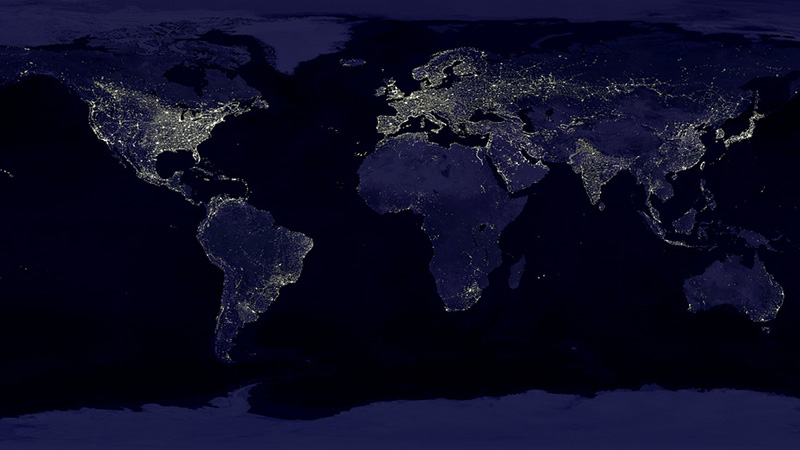The UN’s $10 billion flagship green fund has signalled it is ready to support clean energy and climate resilience projects other major banks find too risky.
Board members agreed on a proposal it should “take on risks that other funds/institutions are not able or are willing to take” and adopt a “high level of risk appetite”.
That could mean supporting wind and solar energy projects in African states other funders deem politically unstable or targeting small-scale adaptation projects that offer limited financial returns.
“The decision on risk and investment guidelines has the potential to unlock progress in key areas,” said Australian diplomat Ewen McDonald, one of the fund’s co-chairs. “It sends a very important signal about risk appetite.”
GCF meeting – what else was agreed?
-Chief financial officer Javier Manzanares will run fund till a new executive director is appointed
-Decisions on accreditation of Korean export bank (KEXIM) and German international development agency GIZ as partners deferred to next meeting
-Board accept decisions on approving projects will need to be devolved
Board members hope a more aggressive stance on risk could see an increase in the number of potential projects in the GCF’s pipeline – currently a major source of concern.
This week funding was secured through 2017 for nine new initiatives worth $257 million, ranging from a coastal protection scheme in Tuvalu to a plan to boost energy efficiency in Armenia.
But that means the board is still way off meeting an aspirational goal of approving projects worth $2.5 billion by the end of 2016.
“We still need more ambitious, paradigm-shifting proposals,” said Zaheer Fakir, a South African diplomat who is the fund’s other co-chair.
“We want countries and accredited entities to respond by bringing us more proposals of increasing high quality and ambition.”
Weekly briefing: Sign up for your essential climate politics update
Niranjali Amerasinghe, a climate finance analyst with the World Resources Institute who attended the board meeting in Songdo, South Korea broadly welcomed the new risk guidelines.
“The GCF needs to go where other funds won’t in terms of risk-taking,” she said.
“Where other entities are risk averse and reluctant to invest in initiatives that are new or differ from traditional financial structures, the GCF is uniquely placed to de-risk those investments.”
#GCFund projects should not be just "plain vanilla"
— Zaheer Fakir (@zaheer_fakir) June 29, 2016
Others seemed less impressed with the criteria potential projects have to meet to gain funding.
“One take-home message from this is that the board is not especially discriminating in what it will approve,” said Karen Orenstein from Friends of the Earth US, citing schemes in Chile, Uzbekistan and Tajikistan the board agreed to fund this week.
“Hopefully, this will change as time goes on and developing country capacity is built up.”
The GCF’s nine new projects
— $21.7 million for Energy Savings Insurance (ESI) for Private Energy Efficiency Investments by Small and Medium-Sized Enterprises (SMEs) in El Salvador with IDB
— $20 million for De-Risking and Scaling-up Investment in Energy Efficient Building Retrofits in Armenia with UNDP
— $20.5 million for Large-scale Ecosystem-based Adaptation in The Gambia: Developing a Climate-Resilient, Natural Resource-based Economy in Gambia with UNEP
— $22.8 million for Africa Hydromet Program – Strengthening Climate Resilience in Sub-Saharan Africa: Mali Country Project with World Bank
— $29.5 million for Improving the Resilience of Vulnerable Coastal Communities to Climate Change Related Impacts in Viet Nam with UNDP
— $19 million for a Project to Support the World Bank’s Climate Adaptation and Mitigation Program for the Aral Sea Basin in Tajikistan and Uzbekistan
— $36 million for Tuvalu Coastal Adaptation Project with UNDP
— $38.1 million for Strengthening the Resilience of Smallholder Famers in the Dry Zone to Climate Variability and Extreme Events in Sri Lanka with UNDP
— Climate Action and Solar Energy Development Programme in the Tarapaća Region in Chile with CAF.
Source: Green Climate Fund
